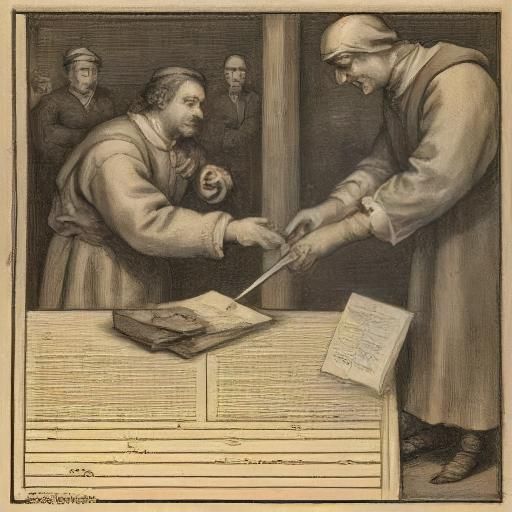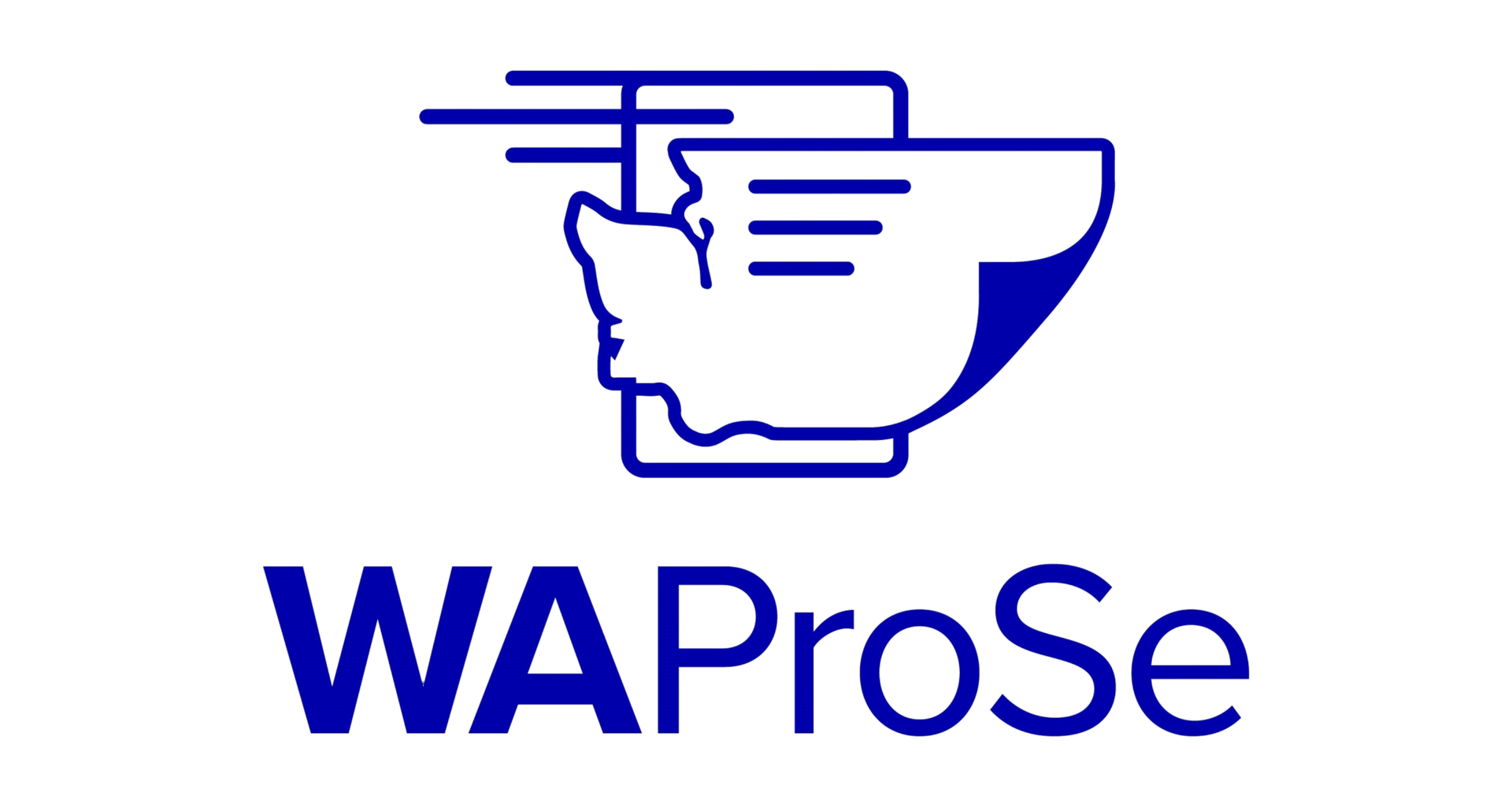The Time-Traveling Chronicles of History's Process Servers
What is the History of Process Service?
From the Pen of History's Process Servers
Chapter 1: The Dawn of Due Process (1215)
I stood in the shadow of King John’s Great Charter at Runnymede, my heart pounding as the ink dried on a document that would change the course of history. It was here, in 1215, that the seeds of due process were sown, ensuring that no free man would be punished without lawful judgment. Little did they know, the concept of “service of process” was germinating alongside these revolutionary ideas. My role as a process server would soon take shape, echoing through the centuries.
Chapter 2: The Early Days of Service (1789)
Fast forward to the year 1789, a fledgling nation was born, and so too was the formalization of legal practices. I find myself amidst the Continental Congress, where the Federal Rules of Civil Procedure would eventually evolve. The need for a reliable way to notify individuals of legal actions became clear. The idea of delivering court documents personally, ensuring the right to a fair trial, was blossoming. As the first process server, I grasped the weight of my duty: to deliver justice, not merely papers.
Chapter 3: The Birth of the Profession (1830s)
In the 1830s, I navigated the bustling streets of New York City, where the profession began to take shape. Lawyers began to recognize the necessity of a dedicated individual to serve legal documents. I watched as the first process-serving agencies emerged, establishing a formal method of service. The legal landscape was transforming, reflecting the growing complexity of societal interactions. It was not just about delivering papers; it was about upholding the very fabric of democracy.
Chapter 4: Legal Standardization (1938)
The year 1938 brought monumental change. I stood in awe as the Federal Rules of Civil Procedure were adopted, formalizing how service of process was to be conducted across the nation. Suddenly, my role was not only vital but standardized; my methods were now bound by law. No longer was it enough to simply knock on a door. I had to be diligent, ensuring that every individual was made aware of their legal responsibilities. It was a new era, marked by precision and accountability. My invisible badge was worn with honor, knowing I was upholding and executing due process by working as a process server in the United States.
Chapter 5: Technology and Transformation (1970s-2000s)
The landscape shifted again as the 1970s rolled in. With the advent of technology, I witnessed a transformation in process serving. I found myself utilizing methods like mail and even fax to deliver documents—an unimaginable leap from my early days. But the essence of my role remained the same: to ensure due process was served. As the years progressed, I marveled at how these innovations made serving legal documents more efficient, yet I felt a twinge of nostalgia for the simplicity of my earlier days as a process server.
Chapter 6: The Digital Age (2010s)
Now, in the digital age of the 2010s, I was confronted with an entirely new challenge. Social media and electronic communications became avenues for service. I watched as courts adapted, recognizing the importance of reaching individuals in a world that was increasingly online. My heart raced with the implications—were we truly serving justice, or merely using a new tool? How could electronic service of process be proven and guaranteed? Yet, the fundamental goal remained: to ensure every individual had the opportunity to respond to legal matters.
Chapter 7: Reflections of the Future (2024)
As I stand in the present year of 2024, I reflect on my journey through time. From the ink-stained parchments of Runnymede to the pixelated notifications of social media, the evolution of process serving practices has mirrored the evolution of society itself. The core principles of due process have remained steadfast, even as methods have transformed. Each step I took, each document I delivered, was part of a grand tapestry of justice woven through time, draped over the shoulders of every processes server.
I look forward, knowing that whatever the future holds for us processing servers—be it artificial intelligence, further technological innovations, or new societal norms—the essence of my duty will endure: to serve notice, to uphold rights, and to ensure that due process is always served. The legacy of process serving, rooted in history, continues to shape the pursuit of justice for all.













